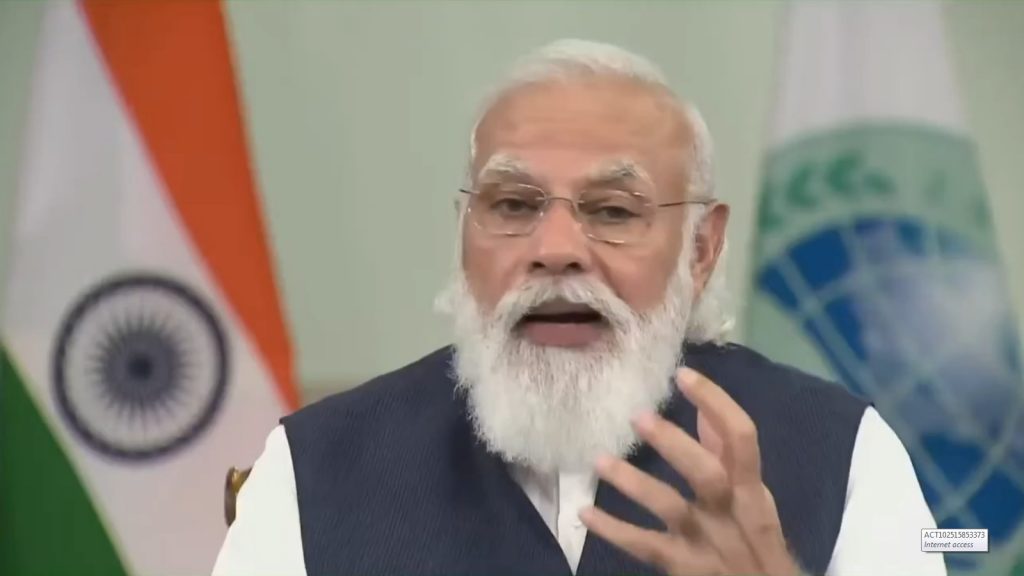
Fighting radicalization is not only necessary for regional security and mutual trust, but it is also necessary for the bright future of our younger generations. To compete with the developed world, our region has to become a stakeholder in emerging technologies. For this we have to encourage our talented youth towards science and rational thinking, said India’s Prime Minister Narendra Modi in his address at the 21st Meeting of SCO Council of Heads of State on September 17.
In his address, PM Modi said that the 20th anniversary of the SCO is also a suitable occasion to think about the future of the SCO as increasing radicalization in the region is related to peace, security and is the root cause of the trust-deficit. “Recent developments in Afghanistan have made this challenge more apparent. SCO should take an initiative on this issue”, he said.
Traditions like Sufism have flourished here over the centuries and spread throughout the region and the world. We can still see their influence in the cultural heritage of this region. On the basis of this historical heritage of Central Asia, SCO should develop a common template to fight radicalization and extremism, said the Indian PM.
20th anniversary of the SCO is also a suitable occasion to think about the future of the SCO as increasing radicalization in the region is related to peace, security and is the root cause of the trust-deficit.
Narendra Modi, Indian PM
Modi appreciated the useful work being done by SCO-RATS in developing a strong network between moderate, tolerant and inclusive institutions and traditions associated with Islam in all SCO countries. We expect our SCO partners to actively participate in the calendar of activities that has been built for India’s Presidency of SCO-RATS.
Reiterating that radicalization puts security and development at risk, Modi said that the vast economic potential of this region has remained untapped due to radicalization and insecurity. “Be it mineral wealth or intra-SCO trade, to take full advantage of them, we have to emphasize on mutual connectivity”, he said.
The role of Central Asia in history has been that of a connectivity bridge between major regional markets. This was also the basis of the prosperity of this region. India is committed to increasing its connectivity with Central Asia, he said. “We believe that land-locked Central Asian countries can benefit immensely by connecting with India’s vast market. Unfortunately, many connectivity options are not open to them today due to lack of mutual trust. Our investment in Iran’s Chabahar port and our efforts towards the International North-South Corridor are driven by this reality”, he reminded the gathering.
The connectivity projects should be consultative, transparent and participatory to ensure mutual trust. In this regard, respect for the territorial integrity of all countries should be implicit.
Narendra Modi, Indian PM
PM Modi stressed that any initiative on connectivity cannot be a one-way street. The connectivity projects should be consultative, transparent and participatory to ensure mutual trust. In this regard, respect for the territorial integrity of all countries should be implicit. Based on these principles, SCO should develop suitable norms for connectivity projects in the region, he said.
Restoring the traditional connectivity of the region will connect countries and not increase the distance between us. For this effort, India is ready to make any contribution from its side, PM Modi said.
